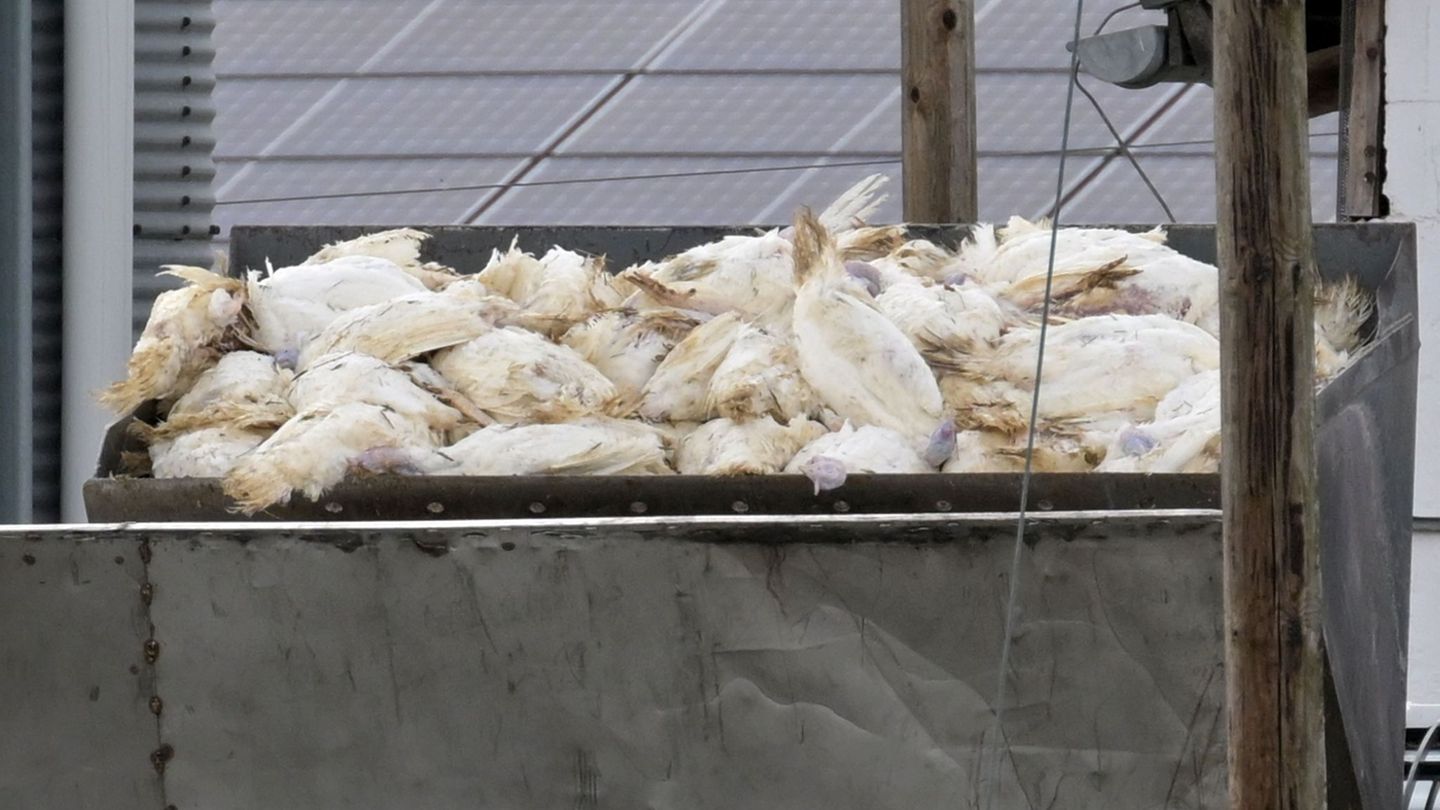The government’s intention is to assist the sectors whose income has been most deteriorated in recent months.
Formal sector wages have been increasing at a rate of 57.3% per year (data as of January, the latest published by INDEC) but the wages of the unregistered segment advanced only 40.7%.
That is, while the salaries of those in white beat inflation, those who work in the black lost more than 7 points against the price index.
The problem is aggravated if one takes into account that one of the items whose prices rose the most is food, products to which these sectors allocate most of their income. Private studies anticipate that, in the first quarter of the year, the food basket rose by about 20%
It should be noted that close to 35% of workers are informal, according to official studies. The purpose of the Government is to allocate the funds obtained in this way fundamentally to serve non-unionized workers, whose income has been deteriorated by the rise in inflation and who do not have the recourse to negotiate in a joint venture.
In this sense, one of the ideas being considered in the Ministry of Economy is to give an income as a bonus for workers in black and monotributistas similar to the Emergency Family Income (IFE) that was granted during the health crisis unleashed by the coronavirus.
Qualified as “the most far-reaching economic benefit in history” by ANSeS, the IFE was paid in its three editions to 8.9 million people.
Among the beneficiaries, it included workers in the informal economy, social monotributistas, monotributistas of categories A or B, workers in private homes, unemployed people and holders of the Universal Child Allowance (AUH) and Universal Pregnancy Allowance (AUE). In principle, the intention would be not to assist these last sectors since, in the official offices, they consider that “they are being assisted” with the various aids that were granted.. “We have the problem in the immediately superior segments”, they explain. Hence, they estimate the aid would be to a universe smaller than the almost 9 million people.
In this regard, market studies record a decrease in consumption in sectors whose income is immediately above the minimum. The latter are reached by different government assistance programs (AUH, plans, baskets, Alimentar card), but the same does not happen, for example, with self-employed workers who are in a precarious situation.
Doubts
In the official offices there is a debate about which sectors will be reached. As a consequence of the war in Ukraine, energy prices are 93% above the level registered at the end of 2020, agricultural products rose 41% and metals 11%.
Thus, the sectors producing grains, gas, oil and metals could be on the radar of the new contribution. But the war also determined strong increases in other products such as fertilizers, aluminum, among others.
It is also under discussion what prices will be taken as a reference for the purposes of determining the unforeseen income, according to the definition of the minister Martin Guzmanas well as from when it will be applied.
The project generates Doubts within the government itself, according to the Casa Rosada. There is concern that the initiative may have objections from the International Monetary Fund, as well as that it fails to pass the filter of Congress.
However, the Ministry of Economy argues that The opposition can hardly refuse a project that aims to assist those who have the least.
Source: Ambito
David William is a talented author who has made a name for himself in the world of writing. He is a professional author who writes on a wide range of topics, from general interest to opinion news. David is currently working as a writer at 24 hours worlds where he brings his unique perspective and in-depth research to his articles, making them both informative and engaging.




